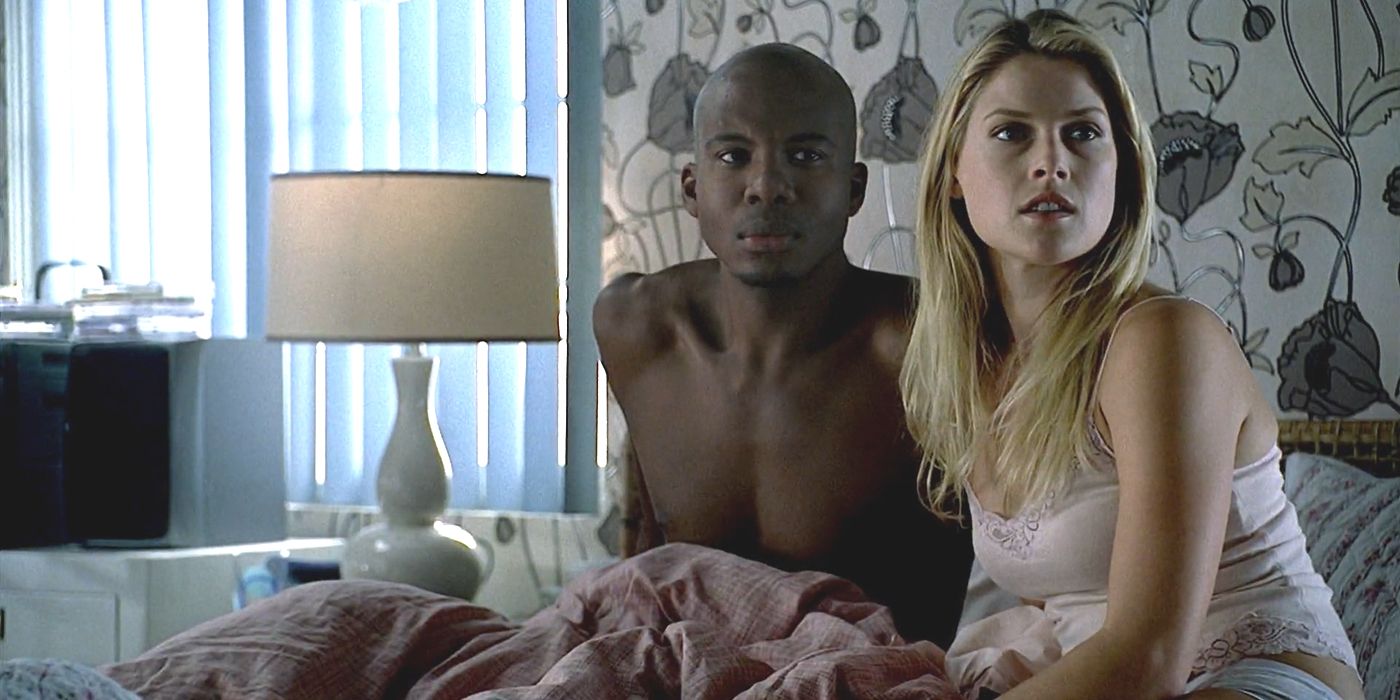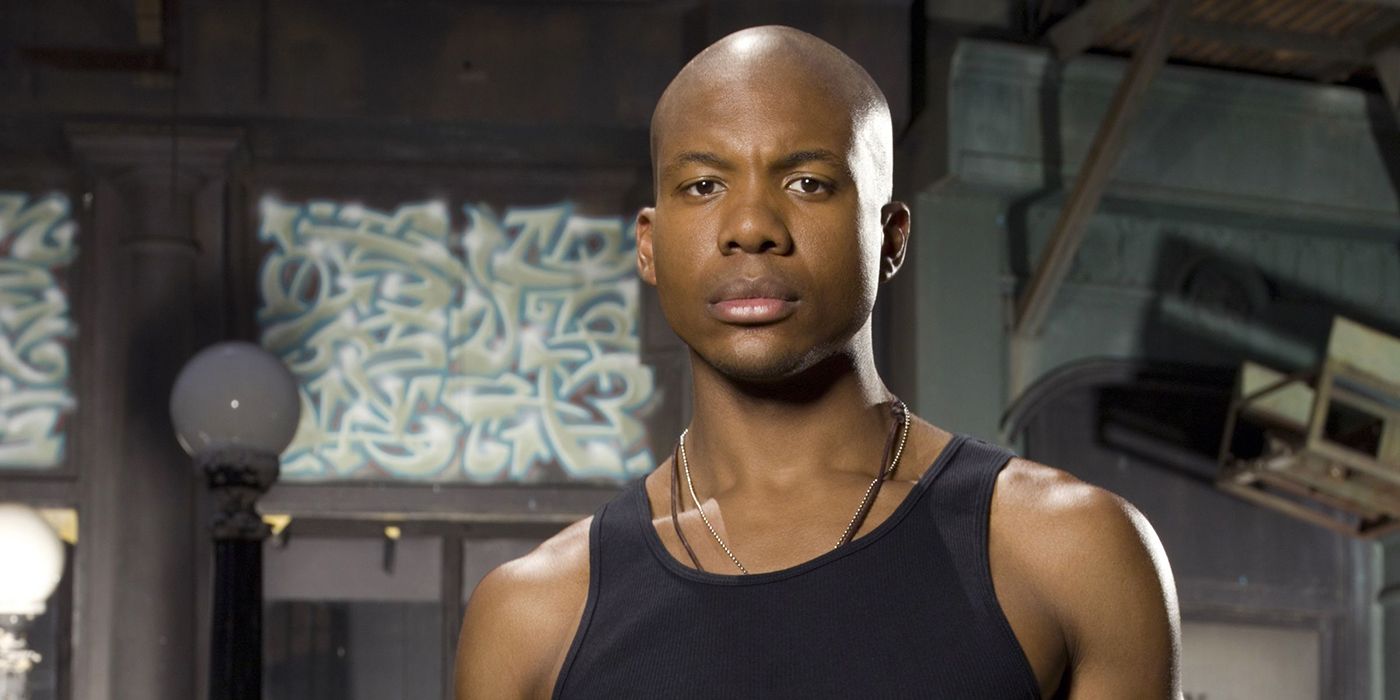Ali Larter has apologized to Heroes costar Leonard Roberts after the actor published an essay saying Larter's animosity contributed to his exit. Roberts, who played D.L. Hawkins on the show, opened up about the circumstances that led to him leaving, circumstances that also included behind the scenes racism. Roberts says his character's onscreen relationship with Larter's was volatile and that that bled into their relationship off-camera, too.
Heroes was once a mega-hit for NBC but quickly went off the rails. Following a group of ordinary people who develop superpowers, the show was initially a hit, before a significant decline in quality led to its cancellation in 2010. In addition to the friction with Larter, Roberts says that the lack of diversity behind the scenes led to insensitive portrayals of characters of color, including a racist reference in the series' pilot script involving his character.
Larter responded to Roberts' essay in Variety in a statement to TVLine. The actress says that Roberts' experiences do not match her perception of her time on the show. She says that she deeply respects Roberts as an actor and applauds him for using his platform to speak up against injustices. She caps off the statement wishing him and his family the very best. Read her full statement below:
I am deeply saddened to hear about Leonard Roberts’ experience on Heroes and I am heartbroken reading his perception of our relationship, which absolutely doesn’t match my memory nor experience on the show. I respect Leonard as an artist and I applaud him or anyone using their voice and platform. I am truly sorry for any role I may have played in his painful experience during that time and I wish him and his family the very best.
Larter's apology, while necessary, ultimately rings hollow. The actress essentially shifts blame to Roberts by implying that his experience is the product of his perception of the situation and not the decades of racism that has plagued the industry both in front of the camera and behind. Larter could have acknowledged her implicit biases and how her behavior is most likely the product of an industry that values white actors over actors of color. Instead, she chose to shrug off blame by insisting that her memory of her time working on Heroes differs, even though ten others corroborated Roberts' version story.
While the industry has made strides to eliminate racism in all facets of the business, there is still so much work to be done. The Oscars recently introduced rules that aim to increase diversity, but those won't even go into effect until 2024 for some unknown reason. Even then, those types of changes won't help put protections in place for actors like Roberts, whose voices have largely been ignored by their white counterparts for years. Decades of racism don't get undone by simply changing rules, and they don't get fixed by apologies like Larter's. Heroes may have been made in 2006, but Roberts' story is a familiar one. 2020 has seen Hollywood reckoning, yet again, with the racism that has plagued the industry for decades, and it must continue to stand up against injustice on all fronts.
Source: TVLine


